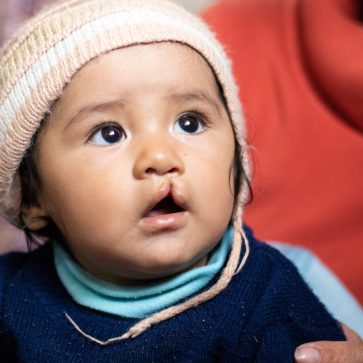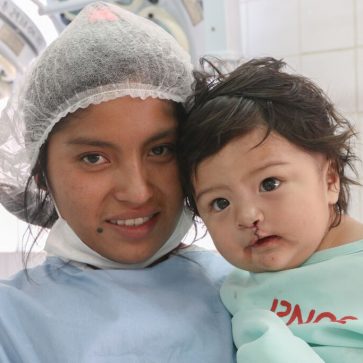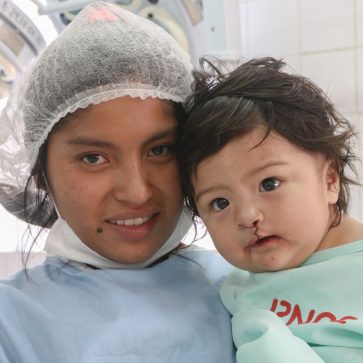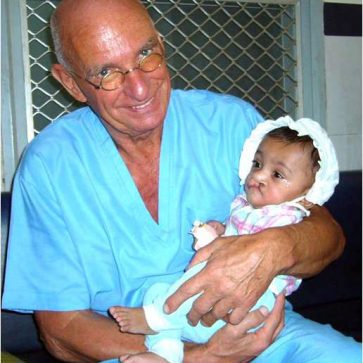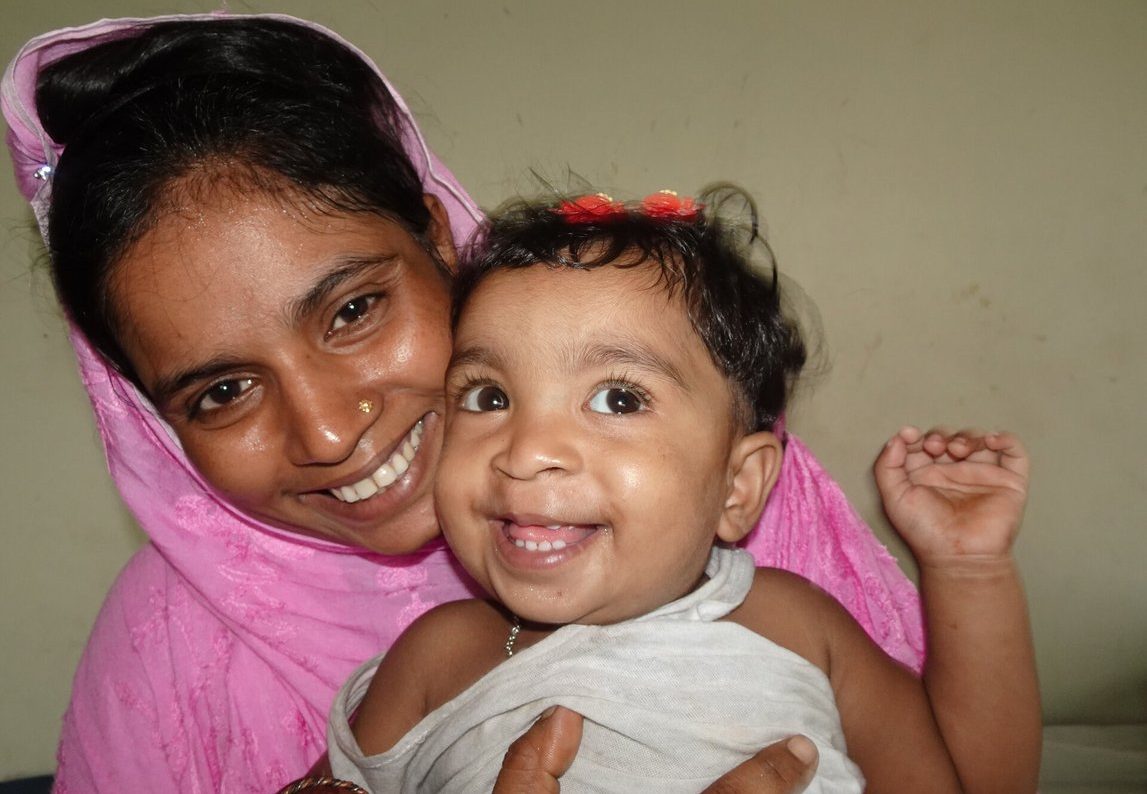
Things to keep in mind when thinking about making a donation
There are many hotspots of need around the world. Children often suffer the most. The number of aid organizations asking for donations to help children is correspondingly large. However, it is not always transparent how the donations are used. How can I make a meaningful donation for children? As a donor, how can I be sure that an organization delivers what it promises? How do I know that my donation really is put to good use to the benefit of children in need? The German Central Institute for Social Issues (DZI) provides answers and tries to answer the question: What makes a reputable charitable organization?
What does the DZI do?
Money that comes from the heart should be spent with the same degree of thoughtfulness and care that it was given in. The German Central Institute for Social Issues (DZI) is a reputable and independent charity watchdog that provides answers to all questions relating to charitable giving. For over 100 years, the DZI Donor Advisory Service has been collecting information on aid organizations, evaluating them and thus acting as a consumer protection agency for donors. Data on some 1,100 organizations that raise donations is documented in the DZI database. A “The DZI advises against” section warns against black sheep. The DZI donation seal serves as a seal of approval for reputable organizations. Around 230 organizations currently bear it. The status must be renewed every year. To do so, the organizations must undergo an audit that takes into account various economic, legal and ethical criteria.
What does the DZI donation seal signify?
The DZI donation seal is an important token of dependability in the charity sector. It certifies that its bearer organizations spend the funds entrusted to them by their donors responsibly and with care. The standards set out in the DZI guidelines stipulate that the organization must work efficiently and transparently, manage its finances economically, provide factual and truthful information and have effective control and supervisory structures.
Five pointers for donors: How do I maximize the impact of my donation?
1. Less is more:
Focus your donations on a few recipients. This will reduce the amount of work you have to put in to thoroughly vet the recipient organizations beforehand, and at the same time minimizes the administrative load on the organizations necessary to process the donations. Another benefit of this approach: As soon as you are listed as an active donor with an organization, you will be put on their mailing list. If you want to minimize the volume of donation appeals you receive, you could make a well-considered decision to support one or a few organizations.
2. Donations should come truly unforced and from the heart:
Donations come from the heart. You decide which issues are important to you. And don't let yourself be put under pressure. The DZI classifies aggressive phone calls, pushy in-person visits at the door and images that arouse excessive pity as ethically dubious practices. The same applies to "gifts" included in donation letters that make people feel obligated to provide a donation "in return" and ultimately constitute unnecessary expenses by the organization, money that isn't spent on alleviating poverty.
3. Transparency builds trust:
You often won't know the people behind an organization personally. So look at the information made available to you by the organization before you give them your trust. Visit the organization's website and look whether there is detailed and up-to-date information on its activities. Read its annual reports. The more transparent an organization is, the more trustworthy it is.
4. Free instead of earmarked:
Donations earmarked to be spent on a particular issue limit the ability of aid organizations to react to changing situations and cause considerable additional administrative costs. In order to enable the beneficiaries of your donation to use your funds as efficiently as possible, placing such limitations should therefore be the exception.
5. DZI seal:
The DZI donation seal is a widely recognized independent seal of quality. A list of all organizations certified with the seal can be found on the DZI website. In addition, around 1,000 organizations are documented and evaluated in the DZI database with their work and country focuses, fields of activity and financial data. Charities that the DZI does not consider trustworthy are grouped together in a category; for a few organizations, the DZI expressly advises against funding.
The DZI donor advice service provides further donation tips and recommendations.
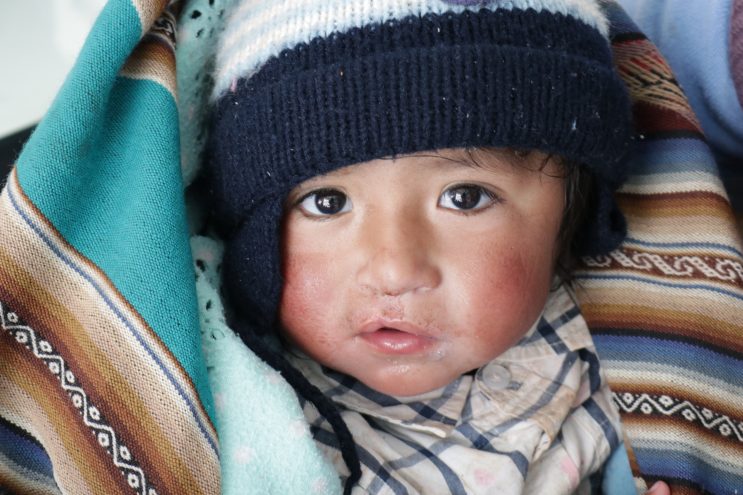
Mit einer monatlichen Dauerspende in Höhe von 25 Euro finanzieren Sie jedes Jahr einem Kind die lebensverändernde Operation.
Ein kleiner Betrag, der Großes bewirkt.
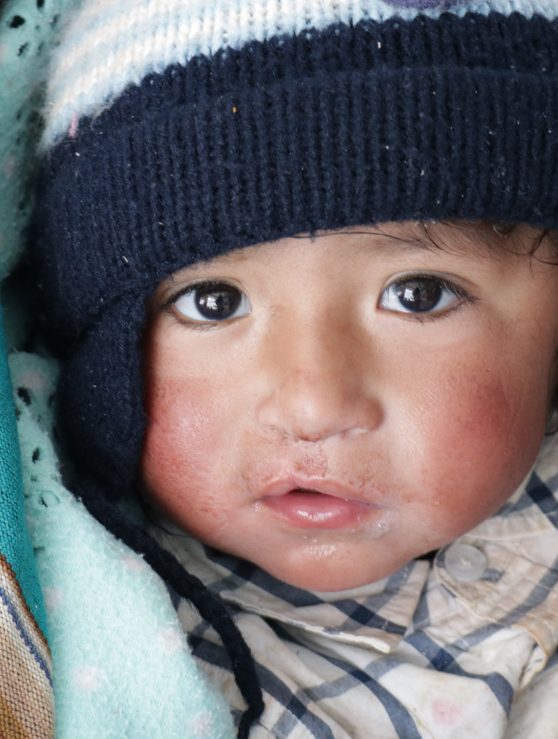
Mit einer monatlichen Dauerspende in Höhe von 25 Euro finanzieren Sie jedes Jahr einem Kind die lebensverändernde Operation.
Ein kleiner Betrag, der Großes bewirkt.

